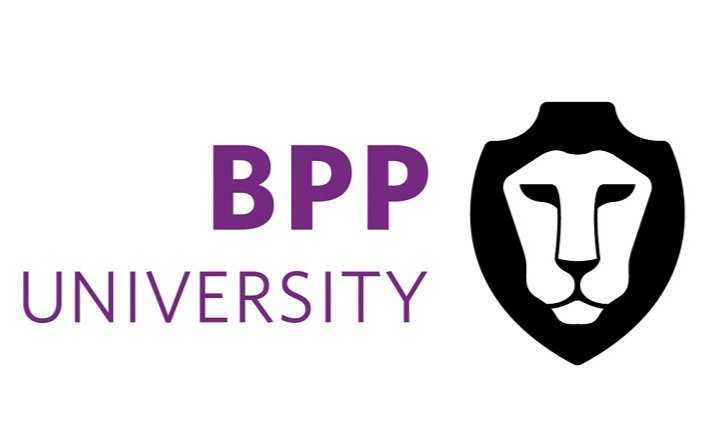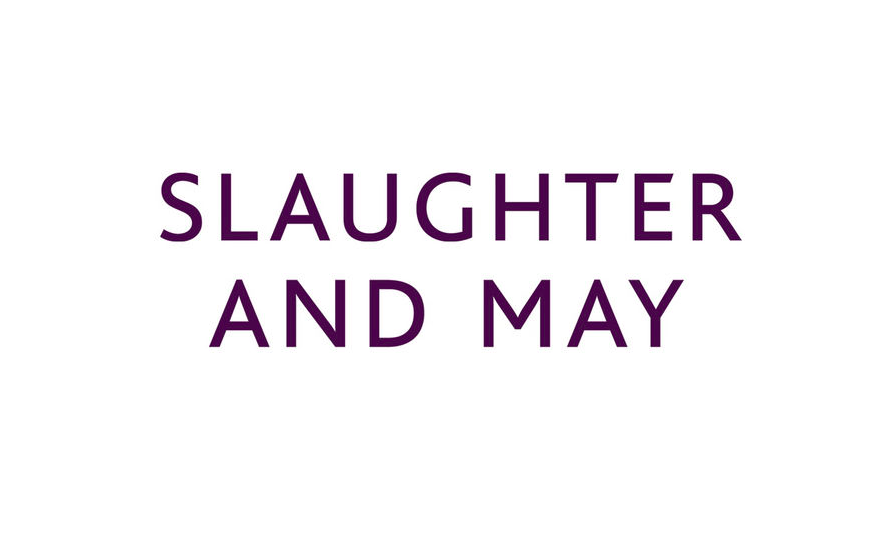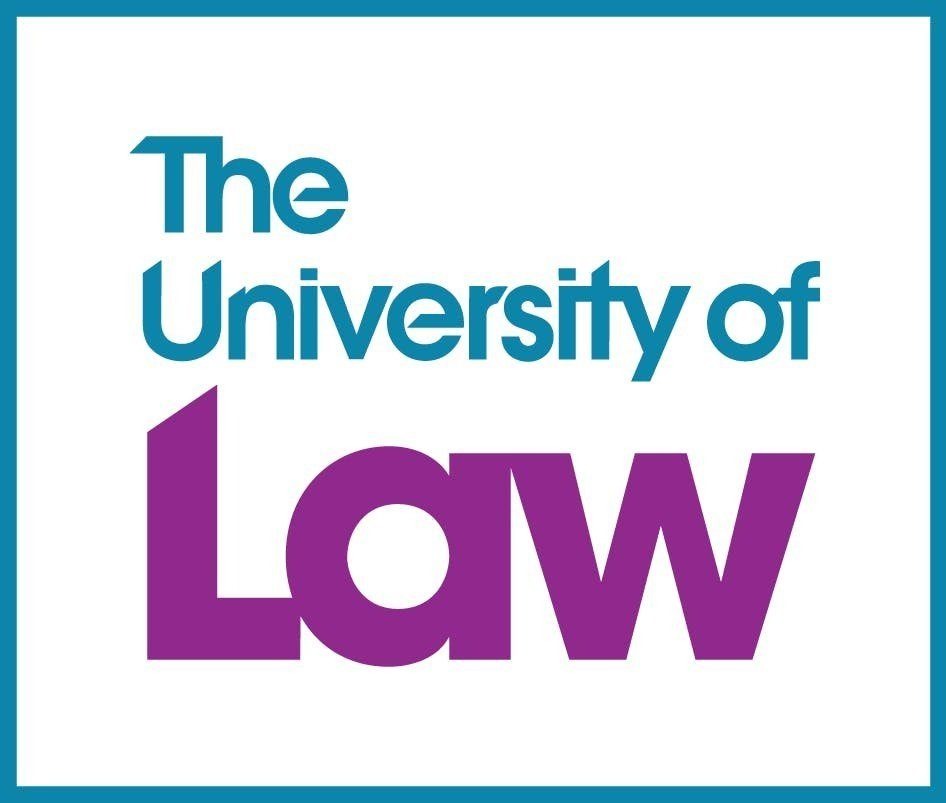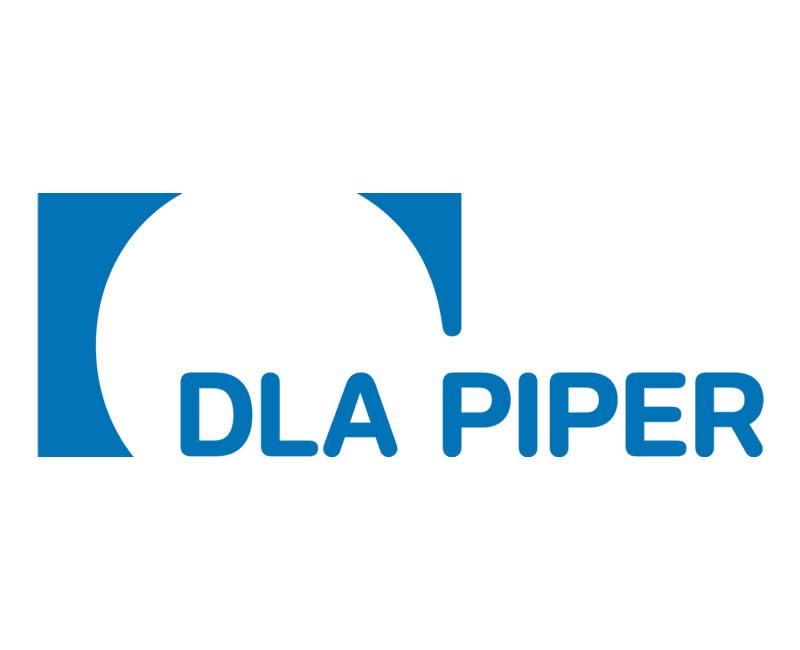Professor Westmorland has argued that we are ‘surrounded by messages that serve to minimize and hide sexual violence and dismiss the experience of survivors’ [1]. This can certainly be seen to be reflected in the history of English law, which disregarded the act of rape once a woman was no longer a virgin, having already ‘lost her virtue’ [2]. In some ways, courts have continued with this misogynistic sentiment in considering whether a victim’s apparel and actions were ‘promiscuous’ and whether she was ‘asking for it’.
In the United Kingdom, the Sexual Offences Act (SOA) [3] was criticized as ‘out of date, discriminatory’ in the 2002 Government White Paper [4]. This led to changes in the law: in 2003, s.1 of SOA replaced the old provision on rape, making the language more gender-neutral and widening what might constitute rape [5].
However, it seems that courts appear to favor the perpetrator even though changes have been made. One example is the criticism that the criminal justice system faces for ongoing attempts to assess the victim’s character before and during criminal trials. A devastating consequence of this victim blaming was demonstrated in a survey conducted by the Victims Commissioner which found that only 1 in 7 victims believe that reporting the crime will bring them justice [6]. In 2015, only 11% of reported cases resulted in a conviction and, according to the CPS, prosecutions have fallen to 25% [7].
It can be argued that while societal views on rape have changed, the definition and understanding of ‘consent’ and subsequent punishment remain largely the same.
Croatia is another European country whose legislation on rape and other sexual offences is interesting to examine. Before 1997, rape was defined as ‘compelling a female, with whom one is not in a matrimonial relationship, to have sexual intercourse by force’ [8]. The adoption of a new Croatian Criminal Code changed this, re-defining sexual offences using gender-neutral terminology [9].
Croatia has also taken steps to address rape that occurred in the past, remedying this issue retrospectively. In 2015, the Sabor (Croatia’s Parliament) passed a new statute which gave compensation to survivors of sexual violence in conflict and recognised rape as a war crime [10]. Now, survivors are given a monthly financial stipend and access to free counselling, as well as legal and medical aid [11].
However, until recently Croatia was the only European country whose legislation distinguished sexual intercourse without consent from rape. This left loopholes in the law, and meant that the government did not efficiently criminalise marital rape. Due to recent public pressure, however, the government has strengthened the penalties for sexual assault and abolished the separation of offences. ‘Now finally rape is called by its real name and that is terribly important both legally and as a message to society in general,’ Paula Zore, of the Justice for Girls initiative, has said [12].
Throughout Europe, legislation concerning rape is slowly being improved. However, there is still a sentiment in society and the criminal justice system that favours victim blaming [13]. To take steps to remedy this, it is crucial that young people are educated, and adults re-educated, on the matter of consent and the respect of another human being’s body and their capacity to consent.
Vicky Spratt, ‘A History Of Rape Law in the UK’ (Grazia, 2016) <https://graziadaily.co.uk/life/real-life/rape-convictions-low/> accessed 15 November 2020
Ibid.
Sexual Offences Act 1956
Home Office, Protecting the Public: Strengthening Protection Against Sex Offenders and Reforming the Law on Sexual Offences (Cm 5668, 2003)
Sexual Offences Act 2003
Jasmine Andersson, 'Rape Convictions At Record-Low Level After 25% Drop' (i News, 12 September 2020) <https://inews.co.uk/news/rape-statistics-uk-convictions-lowest-point-records-reported-cases-337738> accessed 15 November 2020
Ibid.
Criminal Code of the Socialist Republic of Croatia 1997, Art 79
Global Fund for Women, 'In Croatia, Victims Of Crime Of Rape Get Justice' (Global Fund for Women, 2015) <https://www.globalfundforwomen.org/rosa-croatia > accessed 15 November 2020
Ibid.
n (8)
n (9)
Ibid.
















